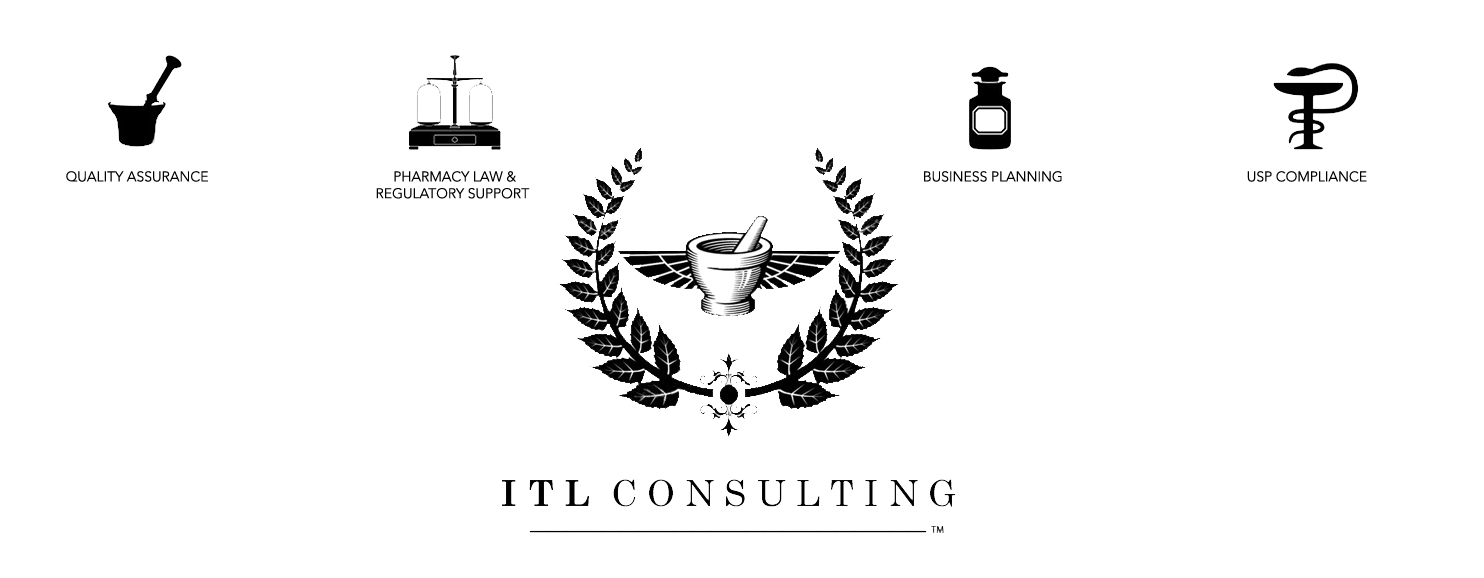If you are compounding pharmacy owner, should you expect the Food and Drug Administration to inspect your pharmacy? In this post, I will skip the legal perspective and give a quick break-down on what the FDA looks for in determining who gets paid a visit on the left coast.
Based on the FDA form 483s, the forms provided to pharmacies with inspection results, a few key trends emerge as indicators that often result in an inspection. What the FDA states as their risk-based model does not tell the entire story.
Here are a few common characteristics of the compounding pharmacies the FDA has visited since they began inspections post-NECC:
- Provides sterile compounding service
- Ships any amount of sterile or non-sterile compounds across state lines
- Dispenses sterile or non-sterile compounds "for office use" (non-pt-specific rx)
- Repackages sterile drugs for ophthalmic injection (or compounds 17-hydroxyprogesterone)
Each pharmacy that received a Form 483 provides sterile compounding service along with one or more of these attributes. Given the use of the FDA's discretion when it comes to whom they target for inspection, this criteria represents their pragmatic approach to "preventing another NECC".
There are a few simple things to keep in mind to make sure that your pharmacy either remains off the radar for an inspection by the FDA or is at the very least, not subject to their authoritative over sight. Although not a panacea, weighing the pros and cons of these actions for your business may help prove critical in the near future.
The first, as you may have guessed, is to stray away from these activities if they represent a minimal or insignificant amount of your business. If this can be done, it may be beneficial in the long run to sacrifice a small portion of your business to protect the whole. Until "clear" legislation is passed, the FDA will refer to their own set of guidelines when it comes to inspection and authority (Pharmacy Compounding CPG).
The second is to follow all state laws as they pertain to pharmacy and pharmacy compounding. All though each state clearly has their own respective pharmacy laws, CA does have particularly more stringent laws (some more so than federal) that when followed will keep your practice from making mistakes that can trigger an inspection. Yes, this is an obvious tip, but it may help to review the pharmacy law book if you aren't clear on a technical issue. Additionally, abiding by state laws provides a very important benefit for pharmacies who do undergo a federal inspection.
Finally, have policies and procedures in place that dictate such situations as a federal inspection. During an inspection, there are many opportunities to give inspectors more than they need or to provide them with information they are not legally entitled to. A strong set of policies and procedures which delineate the role of personnel, define areas inspectors are legally authorized to access, and how to document the procedure are a few critical elements to include in this type of document.
